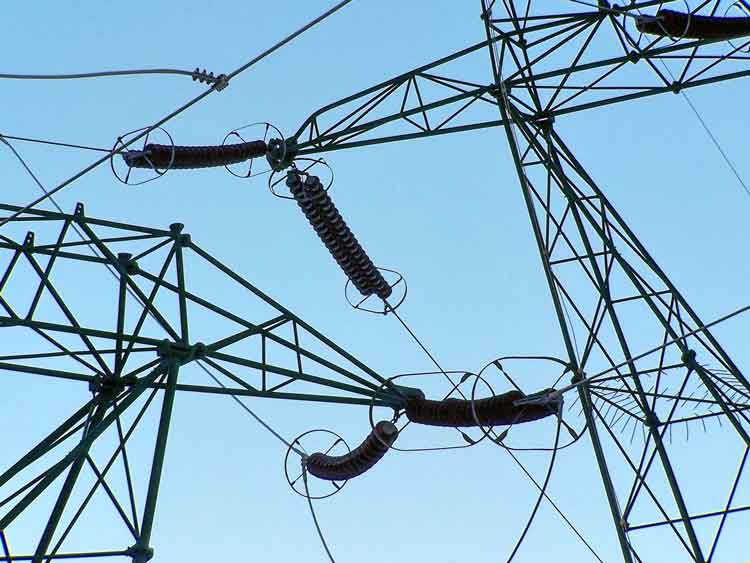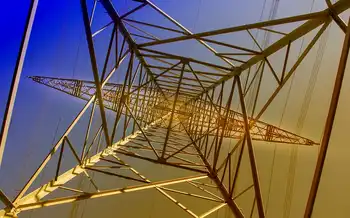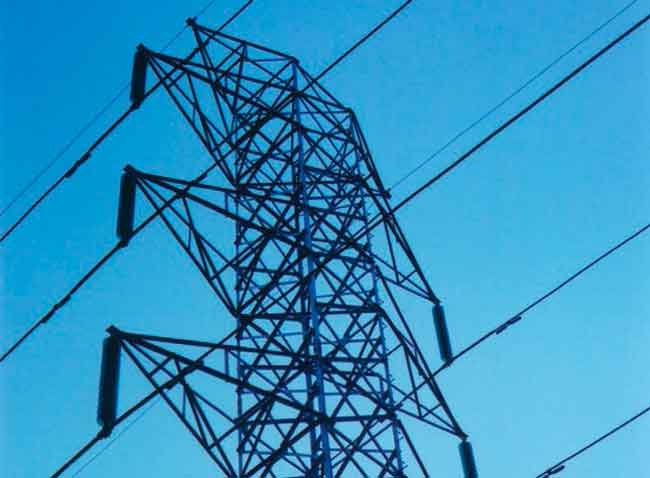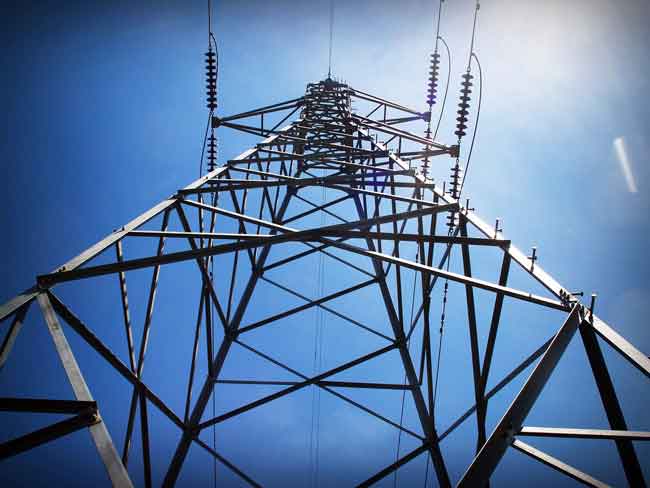Activists want cooling towers in Oak Creek
By Knight Ridder Tribune
Substation Relay Protection Training
Our customized live online or in‑person group training can be delivered to your staff at your location.

- Live Online
- 12 hours Instructor-led
- Group Training Available
But We Energies disagreed, saying the cooling system can meet the tougher standards.
The utility said the ruling would not stop construction of the $2.3 billion power plant. At issue is a massive water intake pipe that would draw more than 1 billion gallons a day from Lake Michigan to cool the coal-fired power plant, scheduled to begin operating in 2009.
The nearly two-mile long pipe has drawn fire from environmental groups and the Illinois attorney general, as well as a federal Environmental Protection Agency staffer who was later reprimanded for speaking out against the project.
In a 21-page decision, state administrative law judge William S. Coleman Jr. said that the Oak Creek plant represents a new rather than an existing facility, meaning that the water intake system is subject to the tougher standards. We Energies had argued that the plant should be considered an existing facility. Coleman's ruling is the latest in a series of legal moves that have come in Wisconsin this year after a federal appeals court nullified the federal Environmental Protection Agency rule relied upon by state regulators when they approved the project.
Many power plants that are considered new facilities have been required by environmental regulators to build cooling towers, such as those that are used to cool the We Energies coal plant in Pleasant Prairie.
We Energies Chairman Gale Klappa said the company plans to submit documents within a few weeks to the state Department of Natural Resources contending that the 9,250-foot Lake Michigan water pipe meets the tougher environmental standards.
Best technology Coleman's ruling is a victory for environmental groups Clean Wisconsin and the Sierra Club, which contended that the water intake pipe is outdated technology and is not as effective as cooling towers in protecting Lake Michigan aquatic life. Klappa said it was premature to say whether We Energies, a division of Wisconsin Energy Corp., will appeal the ruling to a state circuit judge.
Katie Nekola, energy program director with Clean Wisconsin, called the ruling a victory for Lake Michigan because the system as designed would destroy "billions of fish." She said it would surprise her if the water pipe the company has designed could meet the tougher environmental standards. Cooling towers are generally considered the best technology available for new power plants, and the states of Illinois and Indiana have long banned the type of water intake system built by We Energies.
During a conference call in October with investment analysts, utility executives said it would cost $300 million to build cooling towers to serve the Oak Creek plant.
In a filing with securities regulators, the utility said a provision of EPA rules could still allow the water intake pipe to be used. Coleman's ruling also left open the possibility that cooling towers won't be needed, writing, "it is not apparent from the present record" that the facility would fail to meet the new standard.
The utility says the pipe is better on environmental grounds, contending that using cooling towers would result in more pollution, including more use of coal and more release of global warming-linked carbon dioxide into the air. Coleman's ruling directs the state Department of Natural Resources to reissue or modify the permit it granted for the power plant pipe and cooling system.
Representatives of the state DNR weren't available for comment.
In filings with securities regulators, We Energies and Madison Gas & Electric Co., a partner in the project, said they expect the DNR to modify the permit during the first half of 2008.
"At this time, we cannot predict with certainty what the WDNR's decision will be," the filings said. MG&E owns an 8.5% stake in the project and plans to buy electricity generated from the two new-coal-fired boilers in Oak Creek once they are completed in 2009 and 2010.
The federal court ruling this year was a victory for environmental groups that have mobilized to protect New York's Hudson River and other bodies of water from cooling systems such as those being planned by We Energies.
Construction of the pipe, which extends into Lake Michigan under the lakebed, is complete. Work is proceeding now to line the pipe's interior, Klappa said. Nekola and Charlie Higley, executive director of the Wisconsin Citizens' Utility Board, called on the state Public Service Commission to reject funding for the $100 million cost of the water pipe as part of the price increase the utility now has pending with state regulators.
We Energies has proposed raising electricity prices by 7% in 2008 and again in 2009, with a portion of those proceeds being used to fund construction costs for the power plants.
"Shareholders are the ones that are going to profit from this new power plant, and ratepayers certainly shouldn't have to pay twice for a cooling system that was imprudently built," Nekola said. But Klappa noted that Coleman's ruling sends the permit for the pipe back to DNR - but does not vacate any of the permits the utility needs to build the plant. The company is confident that it will receive approval to continue using the water pipe it h s already designed, he said.
"We plan to submit within the next few weeks what we think is very strong supportive data to the DNR that would support the use of the water intake system we're building under the standards for a new facility," Klappa said.
"We obviously think we have a very good argument."











